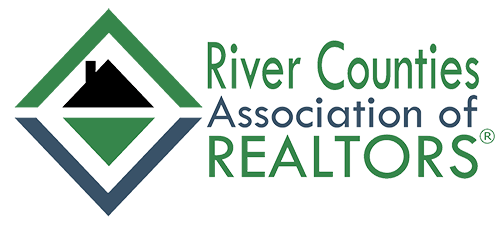Here is something real estate brokers know well: A home is the single largest, most complex purchase most people make in a lifetime. From the legal and financial analyses to contract negotiations, mandatory disclosures, inspections and more—there are a lot of layers to navigate from search to sale. These nuanced details and the voluminous information can be overwhelming for any consumer, but homeownership is absolutely achievable with the guidance, expertise and services of professional real estate licensees.
Given all that buyers now have available at their fingertips, the need to have a qualified, local professional guide them through this information and the buying process is more important than ever. And consumers are fully aware of this, which is why it’s not surprising to learn that while internet research about a home purchase reached an all-time high of 97% in 2020, nine in 10 people still chose to work with a real estate agent to buy a home.1 That level of satisfaction and preference to work with an agent to make a home purchase has been impressively consistent for nearly 30 years.
Not only do these homebuyers seek expert advice when going through one of the most complicated transactions of their lives, but they are also getting real value from the services they are paying for. That’s why 89% of home sellers said they would definitely (74%) or probably (15%) recommend their agent for future services.2 Given all the complex areas buyer brokers help people understand, it’s critical to explain the value of working with an agent. Buyer brokers help people navigate everything from legal (attorney reviews, required state and federal forms, closing documents) to financial (lenders, mortgage rates and terms, appraisals and inspections) to community (property taxes, public property information, price trends, schools, neighborhoods) aspects of the purchase.
While real estate brokers are the drivers, the engine that makes homeownership happen over five million times annually is the U.S. MLS system. This system is a broker cooperative designed to give consumers the best, most efficient and transparent experience in buying or selling a home, and level the playing field for small businesses. In countries without an MLS, with rare exception, consumers are forced to rely on a few major brokerages, which creates a more fragmented and less competitive market.
In contrast, the U.S. MLS system creates competitive, efficient markets that benefit homebuyers and sellers as well as small business brokerages. The associated MLS database and system is designed to incentivize cooperation between brokers who share all their information in one place, providing the best and greatest number of options for buyers as efficiently and transparently as possible. In turn, sellers also get access to the largest possible pool of buyers within a market because their listing broker will cooperate with all the buyers’ brokers to achieve the best offer. At the same time, MLSs give small and new brokerages exposure to the same listings as large brokers, enabling them to fairly compete.
In today’s complex real estate environment, the MLS system promotes a pro-consumer, pro-competitive market for homebuyers and sellers. Because of MLSs, we’re at a point in the market where we’re seeing unprecedented competition among brokers, especially when it comes to service and commission options. That gives consumers many different choices including which customer service approach, which broker and which commission model they prefer. And with members of the National Association of REALTORS®, homebuyers and sellers have a trusted advisor and partner to properly navigate the journey toward homeownership.
1 National Association of REALTORS® 2020 Profile of Home Buyers and Sellers
2 National Association of REALTORS® 2020 Profile of Home Buyers and Sellers
 Katie Johnson is the general counsel and chief member experience officer for the National Association of REALTORS®.
Katie Johnson is the general counsel and chief member experience officer for the National Association of REALTORS®.
